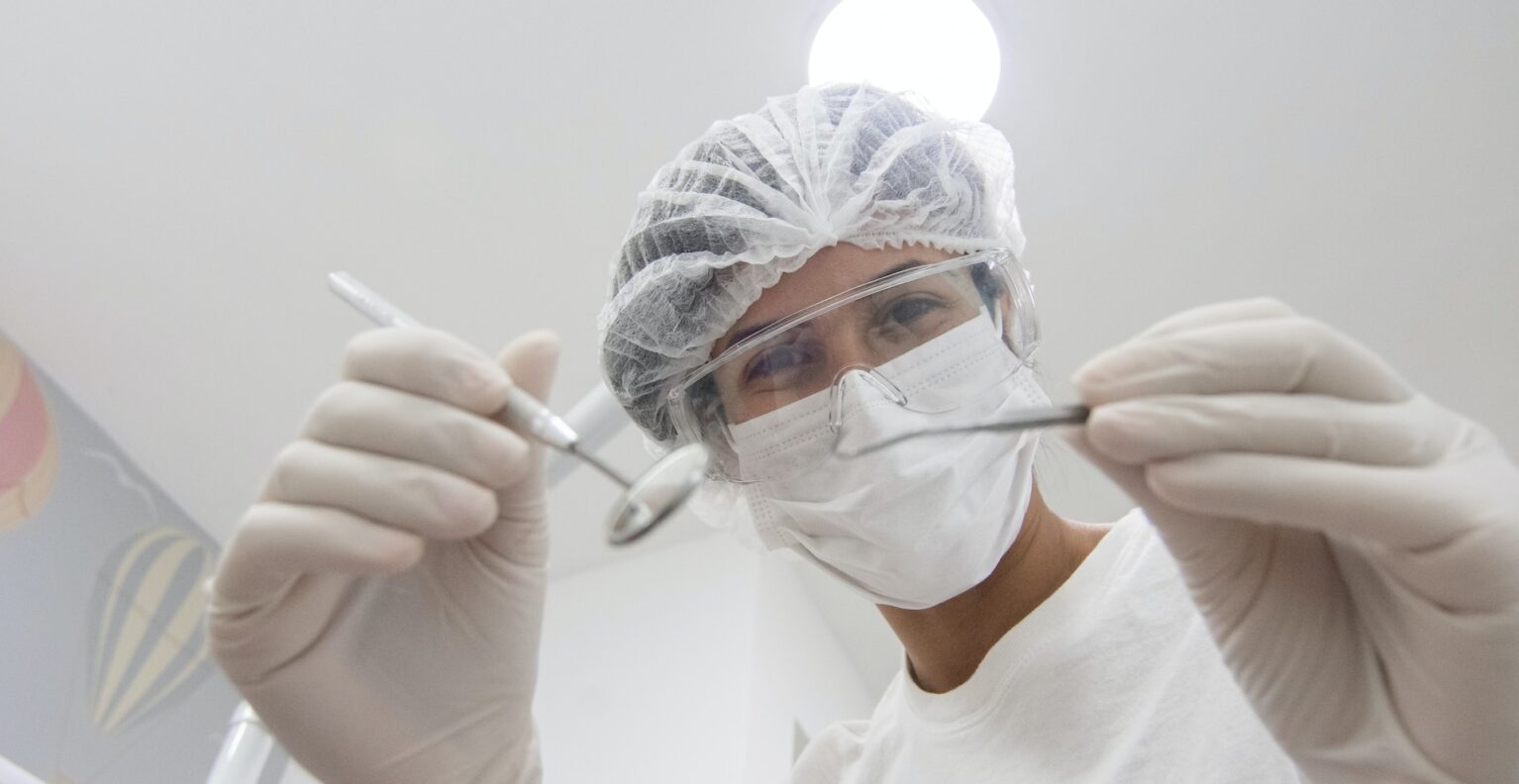The importance of timely and appropriate action during a dental emergency cannot be overstated. At Harrisonburg Family Dentistry, we understand that not every dental concern can be resolved during a routine visit—some situations require immediate attention. Our team of experienced dental professionals is committed to providing dental emergency care to patients when they need it most. With our comprehensive treatment options, cutting-edge technology, and unwavering compassion, we help patients navigate dental emergencies and restore their oral health.
Dental emergencies can arise from various causes, such as injuries, infections, or neglecting routine dental care. Ignoring a dental emergency may lead to more severe complications and potentially irreversible damage to the teeth and gums. Therefore, it’s essential to recognize the signs and symptoms of dental emergencies and know when professional intervention is necessary.
In this informative guide, we will explore various types of dental emergencies, their common signs and symptoms, and the appropriate courses of action to take. By understanding what constitutes a dental emergency, patients can act promptly and effectively, mitigating the risk of further complications. Trust our dedicated team at Harrisonburg Family Dentistry to provide the exceptional care you deserve during challenging dental situations, treating all patients with the respect, excellence, and compassion they deserve.
Common Types of Dental Emergencies
Dental emergencies can manifest in many forms, but some conditions are more prevalent than others. Being aware of these common dental emergencies is the first step toward taking the proper action:
- Toothache: Severe or persistent toothaches are often a sign of an underlying dental issue, such as an infection, tooth decay, or an impacted tooth. In some cases, a toothache may indicate the need for root canal treatment.
- Knocked-Out Tooth: Accidents or traumatic injuries can result in a knocked-out tooth, necessitating immediate emergency care. Prompt action can increase the chances of saving the tooth and successful re-implantation.
- Chipped or Broken Tooth: A chipped, cracked, or broken tooth can occur due to biting down on hard objects, trauma to the mouth, or tooth decay. Depending on the extent of the damage, a dental crown or other restorative treatment may be required.
- Lost Filling or Crown: The loss or damage of a dental filling or crown can result in pain and sensitivity, as well as further damage to the affected tooth if not promptly addressed.
Identifying the Signs and Symptoms of a Dental Emergency
To respond effectively to dental emergencies, it is crucial to recognize their common signs and symptoms:
- Persistent or unbearable tooth pain: Severe pain without an apparent cause requires urgent professional care to identify and treat the underlying issue.
- Bleeding or swelling around the gums: Excessive bleeding or unexplained swelling may indicate an infection or abscess formation, necessitating prompt dental care.
- Loosening or mobility of teeth: Loose teeth, aside from those in children experiencing natural tooth loss, require immediate attention to prevent the potential loss of affected teeth.
- Facial swelling or signs of infection: Swelling or discoloration of the face, accompanied by fever, can be indicative of an underlying dental infection requiring immediate care.
Immediate Steps to Take in a Dental Emergency
Taking the right steps during a dental emergency can minimize pain and save valuable time. When faced with a dental emergency, consider the following actions:
- Call your dentist: The first step in any dental emergency is to contact your dentist and seek professional advice on how to proceed. At Harrisonburg Family Dentistry, we are readily available to guide our patients during emergency situations.
- Rinse your mouth: If you experience a toothache, a chipped tooth, or have dental debris, gently rinse your mouth with warm water.
- Apply a cold compress: Applying a cold compress to the affected area can help reduce swelling and alleviate pain during a dental emergency.
- Save any knocked-out teeth or dental pieces: If you lose a tooth or have a chipped tooth, save the tooth or dental fragments in a container filled with milk or your saliva to preserve it until your dental appointment.
Preventing Dental Emergencies
While dental emergencies can sometimes be unpredictable, there are steps you can take to minimize the risk:
- Regular dental check-ups and cleanings: Routine dental visits help detect potential dental issues in their early stages, preventing complications down the road.
- Practice good oral hygiene: Brushing, flossing, and maintaining a healthy diet play an essential role in preserving your oral health and reducing the occurrence of dental emergencies.
- Wear a mouthguard: If you participate in contact sports or activities that pose a risk to your teeth, wearing a mouthguard can offer valuable protection against dental injuries.
- Avoid using your teeth as tools: Biting down on hard objects or using teeth to open packages can result in chips, cracks, or dental fractures.
Conclusion
Understanding dental emergencies and acting accordingly can prevent further complications and protect your oral health. At Harrisonburg Family Dentistry, we pride ourselves on being readily available during times of distress to provide the urgent dental care in Harrisonburg whenever you need it. Our practice is equipped with cutting-edge technology, compassionate dental professionals, and a wide array of dental services to ensure your dental emergency is promptly and efficiently resolved. Trust our team to guide you through challenging dental situations with the respect, excellence, and compassion you deserve.


